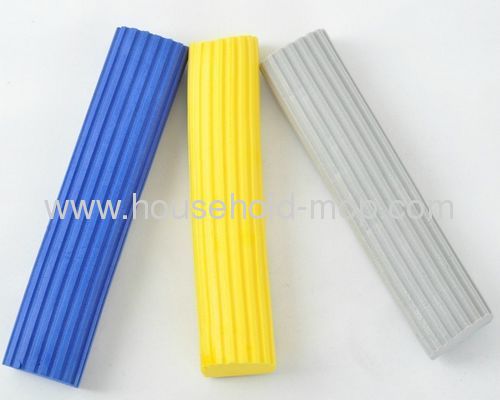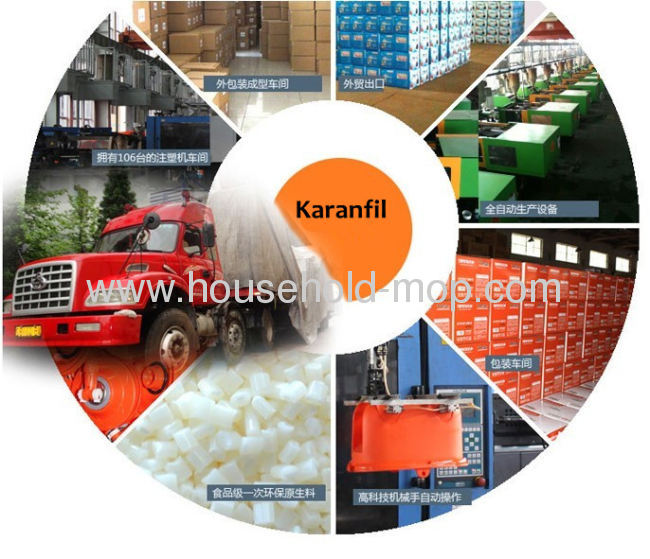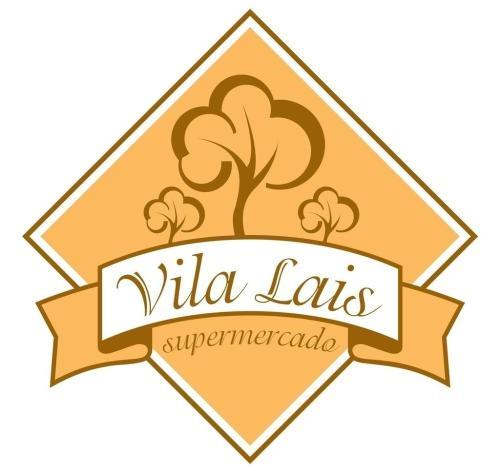
Choosing and Using Cleaning Products
Window Cleaner
Don't be misled by the name "window cleaner"; this spray-on product cleans windows and a whole lot more, evaporating quickly and leaving no residue behind. Applied to glass or mirrors, it loosens surface dirt so you can remove it with a squeegee or cleaning cloth. Use on glass, mirrors, kitchen counters, sink fixtures, appliance fronts, refrigerator shelves, sealed cabinet fronts and any other liquid-safe surfaces with light, nongreasy soil.
Degreaser
The tough guys of the cleaning world, these spray cleaners dissolve greasy soil so it can be lifted away and removed. Also known as "all-purpose cleaners," they will cut food soil on kitchen counters, greasy fingermarks on walls, doors and switch plates, oily dust on baseboards and moldings, and hard-to-remove dirt on outdoor furniture. Polish surfaces with a dry cloth to remove the slight film they leave behind.
Tile and Bathroom Cleaner
The bathroom poses multiple cleaning challenges — sticky film from body oils, soap and shampoo; mold and mildew from moisture and condensation; yellow, chalky, hard-water residues on fixtures and fittings. Cut tough bathroom soil with a tile and bathroom cleaner: a potent, three-in-one product designed to fight soap film, mineral deposits, and mold and mildew.
A thick liquid, this cleaner requires standing time to sanitize surfaces, dissolve minerals, and cut greasy soil. Apply a thick coat using a squirt bottle. Allow it to stand for the time recommended on the product label, and then use a tile brush to scrub the product. Rinse thoroughly.

Abrasive Cleanser
Chemical-based cleaners — like window cleaner or degreasers — rely on chemical reactions to dissolve, lift or loosen dirt. Sometimes, though, you need to add additional scrubbing power to deal with tough or dried-on dirt. Enter abrasive cleansers. These also contain small abrasive particles designed to enhance the scrubbing action. Like sandpaper, they use friction to remove hardened soil.
Abrasive cleansers are made in different strengths. Scouring powder is designed for most sinks; "soft scrub" cleansers feature smaller abrasive particles and are recommended for specialty finishes. Abrasive cleansers may be formulated with other cleaners, such as bleach, to fight stains; be sure to read labels and choose the appropriate variety for the job.
Because these products can be difficult to rinse clean, use them inside sinks, tubs and toilets where rinsing is easier.
Specialty Cleaners for Special Jobs
These special-use products are formulated for specific cleaning issues or specific surfaces. Be sure to read the labels and use as directed by the manufacturer.
 Gum, gunk and goo remover.
Gum, gunk and goo remover. A petroleum-distillate product designed to remove the greasy residues left by chewing gum, oily gunk or adhesives.
Lime and scale remover. A highly corrosive solution to hard-water scale deposits.
Rust removers. Designed to remove the rust stains in sinks, tubs and toilets that can occur in areas where the water supply has a high iron content.
Stainless steel cleaner or polish. Specialty products designed to clean, protect, and shine stainless-steel sinks, surfaces, pots, and pans.
Save Money on Cleaning Products
Commercial cleaning products can make quick work of a clean house, but at a price! Costly cleaners don't have to break the bank. Try these tips to save money on cleaning supplies.
Match the product to the job. Why bring on the big guns for everyday dirt? Choose the right cleaner for the surface and soil involved; no sense wasting high-strength degreaser on a simple water spot or trying to tackle stubborn grease stains using multiple spritzes of mild evaporative cleaner.
Use just enough and no more. No, more is not better! Using too much cleaning product wastes money and means extra time spent rinsing and wiping.
Opt for half-measures. Try using half as much product, and check the result. If you can't tell the difference, cut the amount in half again until you find the sweet spot where cleaning and conservation meet.
Can the caps. With generous sizing and barely visible markings, product caps are an inefficient way to measure cleaning products and manufacturers know it. Use your own easy-read measuring cup or mark caps with permanent marker to guard against overuse.
Buy in bulk. With cleaning products, small sizes mean big per-unit prices, so buy supplies in bulk, and add a funnel to the cleaning cupboard. Fill your own bottles and save!
Ditch the disposables. Give these candidates for the landfill the cold shoulder. Replace disposable wipes with reusable cotton cleaning cloths, toilet bowl swabs with a good-quality toilet brush, and swipe-and-toss floor systems with a square-headed mop with replaceable terry covers.

| em | Color | Name |
| item | AJP06 | PVA MOP | Magic PVA Double TwistMop |
| Product Detail | Mop Pole | Pole Material | Telescopic steel pole with plastic coating |
| Pole handle Material | PP |
| Pole Length(Max,Min) | 130cm;70cm |
| Mop Head | Mop head base material | pva |
| Mop head base size | 40cm*10cm |
| Mop Head Cloth | ClothMaterial | pva |
| Cloth Size | 45cm*15cm |
| Joint(Pole with head) | Joint Style | Inner retracting button |
| Rotating | 360° |
| Joint Material | PP |
| | MOQ | 3000 |
| Packing Detail | Packing Method | 1 PC product include | 20PCS/CTN, Standard Carton Package |
| Export Brown Ctn | 110*32*47CM |
| PCS/CTN | 20 |
| | Loading Weight | N.W/CTN | 14.48kg |
| | G.W/CTN | 16.68kg |
| | Loading Quantity | 20'FT | 7010 |
| 40'FT | 528CTN/ 10,060PCS |
| 40'HQ | 10,560 |














